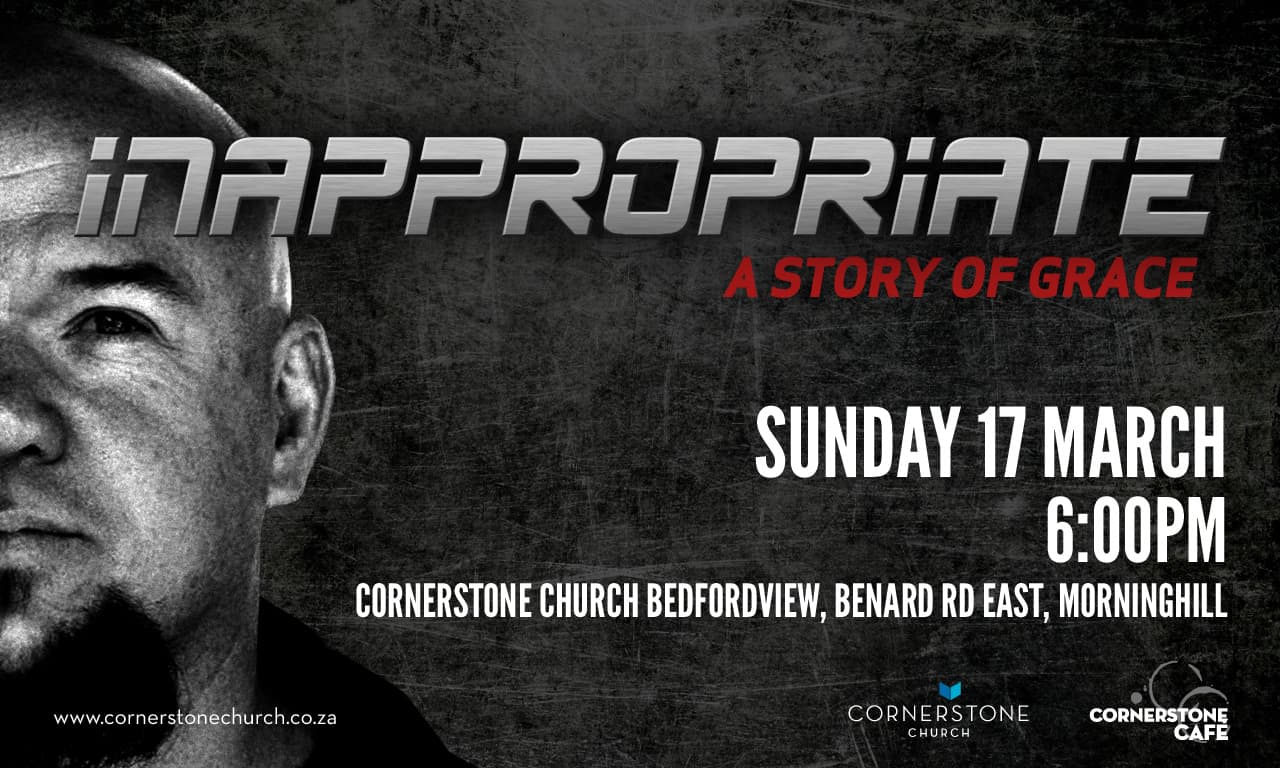by Justine Engelbrecht

Key Women is all about being inspired by the amazing team of Cornerstone women, and on the 5th of February they welcomed everyone with red velvet cupcakes, mini quiche and delicious coffee – the perfect way to celebrate and fellowship in the month of love.
The theme for 2013 is the Fruit of the Spirit and we’re being encouraged to examine ourselves and ask the question – is the Fruit of the Spirit growing in our lives?
The Fruits of the Spirit are:
Love, Joy, Peace, Patience, Kindness, Goodness, Faithfulness, Gentleness, Self-Control
Adele shared with us the First Fruit which is Love. Here is some of what was shared:
1 Corinthians 13:1
If I speak in the tongues of men and of angels, but have not love, I am only a resounding gong or a clanging symbol.
Words are meaningless without Love.
If I have the gift of the prophecy and can fathom all mysteries and all knowledge, and if I have a faith that can move mountains, but have not love, I am nothing.
Without Love we cannot have the other Fruits of the Spirit.
If I give all I possess to the poor and surrender my body to the flames, but have not love, I gain nothing.
Fill your heart with Love, with Love we can do so much.
Love is patient, Love is kind, it does not envy, it does not boast, it is not proud. It is not rude, it is not self-seeking, it is not easily angered, it keeps no record of wrongs. Love does not delight in evil but rejoices with the truth. It always protects, always trusts, always hopes, always perseveres. Love never fails.
These are the characteristics of Agape Love:
Love is Patient (not irritable or resentful)
Love is Kind (making yourself useful)
Not being jealous (we must rejoice when others are blessed)
Love does not boast (boasting can make other people feel bad about themselves and what they have). We are only to “Boast in the Lord” – Give Glory to the Lord.
Love is not Proud (Obiadiah Vs 3 – “The pride of your heart has deceived you, you who live in the clefts of the rocks, and make your home on the heights, you who say to yourself ‘who can bring me down to the ground?“)
Love is not rude, Love is not self-seeking, Love is not easily angered.
Psalm 145 vs 8 – The Lord is gracious and compassionate, slow to anger and rich in love. (We cannot be rich in Love if we have anger).
Proverbs – Fall in love with the word of God.
Proverbs 15 Vs 1 – A soft answer stirs away wrath
Love keeps no record of wrongs. (Once we forgive we must ask God to help us forget)
Speak the Truth – I Peter Ch 4 Vs 8 – love covers a multitude of sins.
Love always protects (Never expose the faults of others, Do not believe wrong of each other.)
Love always Trusts (Do not block yourself off from other people, because you have been hurt in the past.)
Love always hopes (Always expect the best)
Love always perseveres (Hang in there, run the race to the end, enjoy the season you are in.)
Love never fails (Love is not in vain.)
John 13:34, “A new commandment – “Love one another. As I have loved you, so you must love one another. By this all men will know that you are my disciples, if you love one another.”
God gives us the ability to love!
The Next Key Women will be on 5 March at 8:30am. The topic will be Joy. Looking forward to seeing you there!








